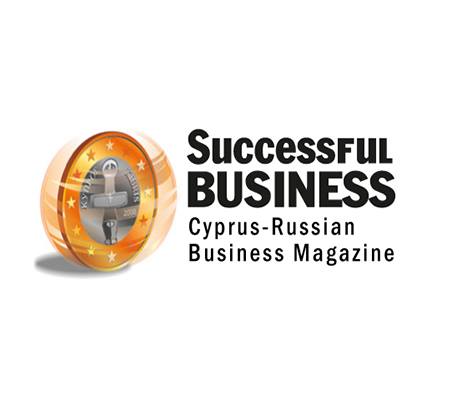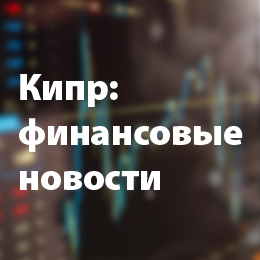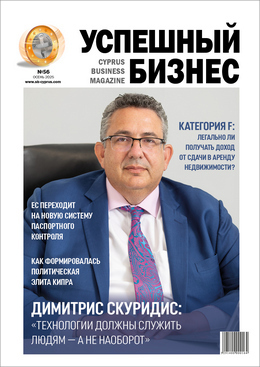Every year Saxo Bank prepares a forecast of underappreciated events which, if they were to occur, could send shockwaves across financial markets. Here are the bank’s predictions for 2022.
1. The plan to end fossil fuels gets a rain check. Realising the threat of inflation and social unrest, policymakers decide to temporarily relax environmental restrictions. They support fossil fuel investment and encourage producers to ensure adequate and reasonably priced supplies.
2. Facebook faceplants on youth exodus. The young generation fails to join Meta’s universe of social media platforms. The struggle of Facebook parent company Meta will lead to spinning off its components as separate entities, shattering Zuckerberg’s monopoly.
3. The U.S. mid-term election brings constitutional crisis. The U.S. Presidential elections of 2020 were quite chaotic. Saxo Bank thinks that a similar situation can be created during elections in 2022. Senate and House races come to the end and one or both sides move against certifying the vote, which makes it impossible for the new Congress to form. This eventually will lead to extreme volatility in U.S. assets.
4. U.S. inflation reaches above 15% on wage-price spiral. The Federal Reserve decides to tighten monetary policy faster in an attempt to fight inflation. As a result, there is extreme volatility in U.S. equity and credit markets.
5. EU Superfund for climate, energy, and defence announced, to be funded by private pensions. This decision is taken after policymakers realise that it will be impossible to finance the Superfund with higher taxes on incomes or other traditional tax revenues.
6. Women’s Reddit Army takes on the corporate patriarchy. A group of women traders take action by shorting stocks of selected companies with weak records on gender equality, leading to huge swings in equity prices for these companies.
7. India joins the Gulf Cooperation Council as a non-voting member. This alliance would see a reduction in India’s energy insecurity. On the other hand, India’s incredibly strong technology platform and deepening capital markets could attract the excess savings generated in the GCC region, through lower friction access.
8. Spotify disrupted due to NFT-based digital rights platform. NFTs or Non-fungible tokens are unique digital assets, the ownership of which can be established and stored on a digital ledger via blockchain tech. By leveraging NFTs, artists could distribute music directly to listeners without centralised intermediaries taking commission.
9. New hypersonic tech drives space race and new cold war. In 2022, a massive hypersonic arms race develops among major militaries. Major financing is provided for companies that build hypersonic tech with space delivery capabilities while companies in the aircraft and ship-building side of the military hardware equation underperform.
10. Medical breakthrough extends average life expectancy 25 years. Imagine that people will live to an average age of 115. What would this mean for private and government pensions, or even the ability or desire to retire?
The full forecast is available on the official website of Saxo Bank.
Metaverse
The metaverse is a network of always-on virtual environments in which many people can interact with one another and digital objects while operating virtual representations – or avatars – of themselves. This is how Facebook sees the future of virtual communication.
In October 2021, the company officially changed its name to Meta. Its focus is “to bring the metaverse to life and help people connect, find communities and grow businesses” by “moving beyond 2D screens toward immersive experiences like augmented and virtual reality to help build the next evolution in social technology”.
Gulf Cooperation Council
The Cooperation Council for the Arab States of the Gulf is a regional, intergovernmental political and economic union that was established in 1981 and consists of Bahrain, Kuwait, Oman, Qatar, Saudi Arabia, and the UAE. Its major objectives – yet to be achieved – are a customs union, a common market, and a common currency.







